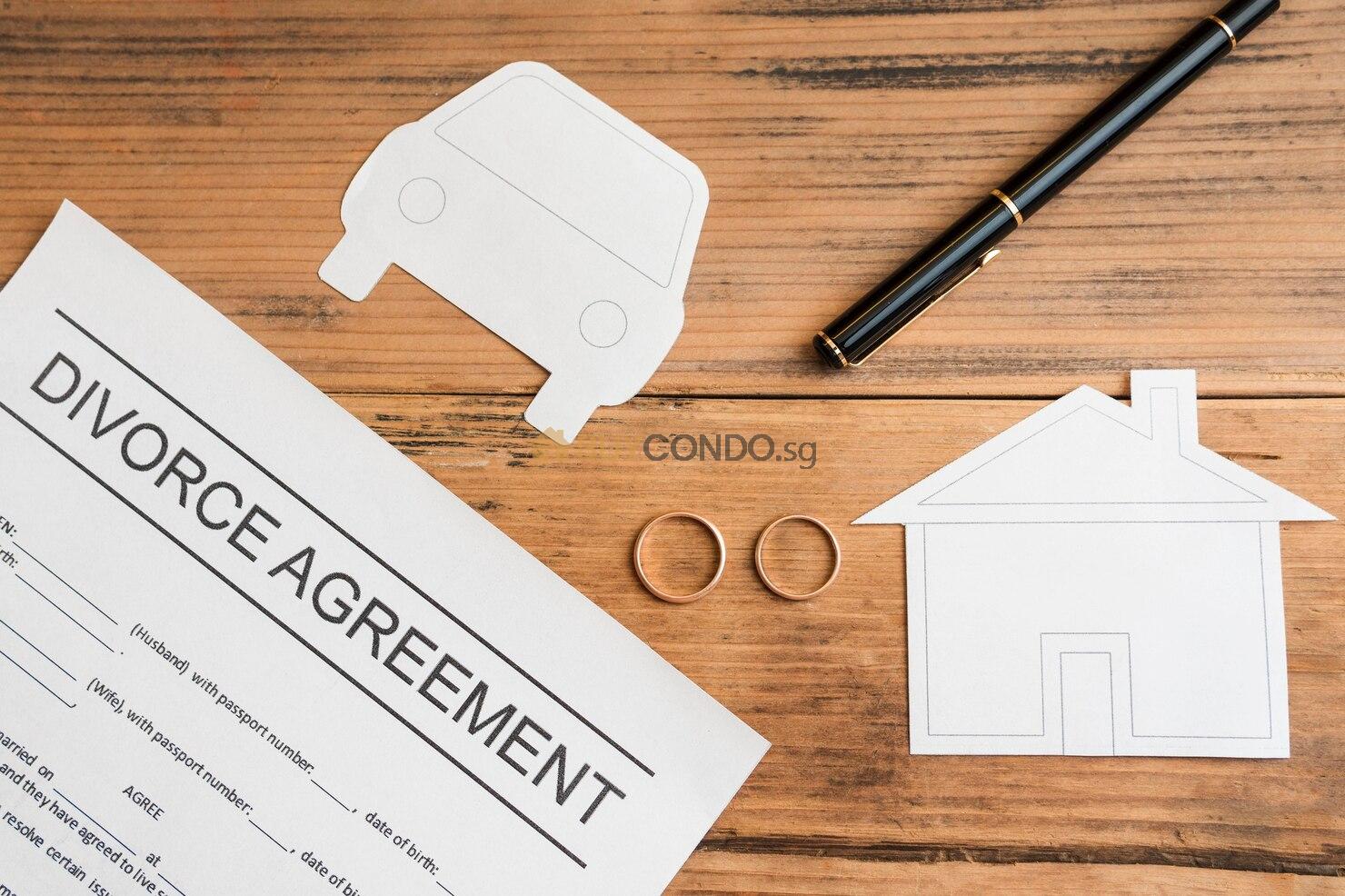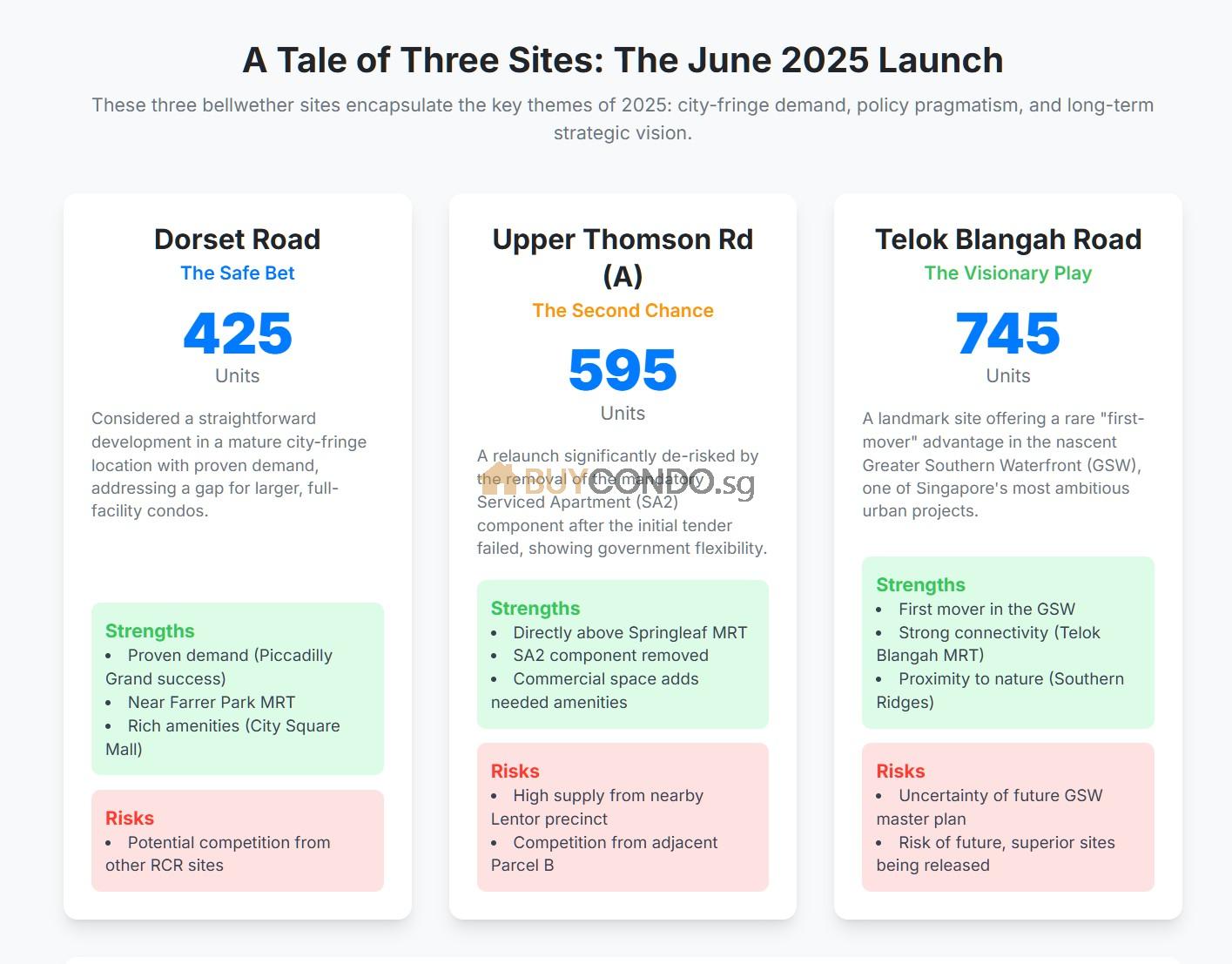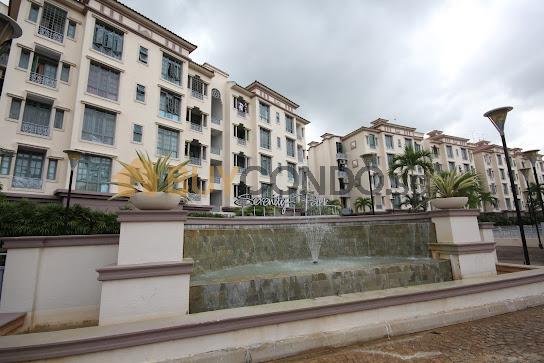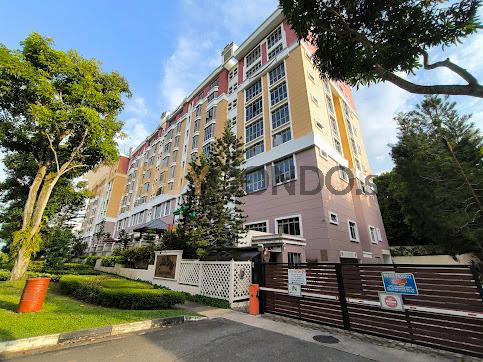Want you need to know for your Resale HDB Flat during the transit of a Divorce
This article provides a comprehensive guide on navigating the resale process for an HDB flat after divorce, including understanding the impact of divorce on HDB flat ownership, eligibility conditions for taking over ownership, financial considerations and mortgage loans, the role of CPF refund, implications of the resale levy, timing the property sale, the resale process post-Final Court Judgement (FCJ), division of HDB flat as a matrimonial asset, support schemes for divorcees, and the importance of seeking professional advice.
Understanding the Impact of Divorce on HDB Flat Ownership
The dissolution of a marriage through divorce is a life-altering event that can have far-reaching implications. One significant aspect that is frequently affected is the ownership and division of matrimonial assets, such as the Housing and Development Board (HDB) flat. The court may grant an order for either party to take over the matrimonial flat upon divorce, which forms the basis for a change in the ownership structure of the HDB flat. It’s crucial to understand the legal and financial considerations involved in this process. The outcome of this decision can greatly impact the individuals involved, determining their living arrangements, financial responsibilities, and future housing prospects.
To illustrate, consider a scenario where the court enables one party to take over the matrimonial flat. This decision mandates that the other party relinquishes their ownership rights to the flat. The implications of this change can be profound, affecting the individual’s housing situation, financial stability, and longer-term plans for housing.
The division of the HDB flat as a matrimonial asset is another critical aspect of the divorce process. This process involves considerations such as financial contributions, non-financial contributions, and the length of the marriage. The court plays a crucial role in determining the fair division of the HDB flat, and it’s essential for the individuals involved to be aware of their rights and obligations in this regard.
For instance, the court may consider the financial contributions made by each party towards the purchase of the flat, such as the down payment and mortgage repayments. Non-financial contributions, such as caring for the house or children, may also be taken into account. The length of the marriage could play a role in determining the proportion of the asset each party is entitled to. Understanding these factors can help individuals prepare for the potential outcomes of the divorce process.
Eligibility Conditions for Taking Over Ownership
In the aftermath of a divorce, the eligibility conditions that must be met for either party to take over ownership of the HDB flat are of paramount importance. Understanding these conditions is essential for individuals navigating the process of retaining the HDB flat post-divorce. Additionally, the possibility of retaining the HDB flat after divorce and the eligibility criteria for retention should be carefully considered and evaluated.
To provide a specific example, eligibility conditions may include the party’s citizenship status, age, and income level. Furthermore, the party must also meet the Minimum Occupation Period (MOP) requirement. This refers to the minimum period during which the flat must be occupied by the owner before it can be sold. If these conditions are not met, the party may not be able to take over the flat’s ownership.
The eligibility to retain an HDB flat after divorce is another crucial consideration. If one party wishes to retain the flat, they must meet certain eligibility criteria set forth by the HDB. These criteria may include factors such as the minimum occupation period and compliance with HDB regulations. It’s important for individuals to be well-informed about these conditions to make informed decisions about the ownership of the HDB flat post-divorce.
For instance, if the spouse who wishes to retain the flat has custody of any children, they may be eligible to retain the flat under the single parent scheme. However, financial capacity and the ability to continue servicing the existing mortgage loan would also be key considerations. Thus, it is essential to understand the various eligibility criteria to facilitate a smoother transition during this challenging period.
Financial Considerations and Mortgage Loans
The financial aspects of the ownership transfer process after a divorce are complex and multifaceted. One key point to note is that the Housing and Development Board (HDB) does not grant loans for the amount of consideration or sum payment if ordered by the court after a divorce. This limitation, while critical, can pose challenges for individuals who may not have the necessary financial resources at their disposal.
To give a specific example, suppose the court orders one party to pay a certain amount to the other party to take over the flat’s ownership. In that case, this consideration sum will need to be financed independently, as HDB will not provide a loan for this purpose. This could involve engaging with financial institutions to understand the terms and conditions of mortgage loans available for this purpose.
Another important financial consideration is the means through which banks grant a mortgage loan for a change in flat ownership. Banks generally grant a mortgage loan if the change in flat ownership is done through a fractional purchase. This method involves the party buying over the share of the flat from the other party.
For instance, if the party taking over the flat opts for a fractional purchase, they may need to secure a mortgage loan from a bank to finance the purchase. This process would involve negotiating terms with the bank, including the interest rate, loan tenure, and monthly repayment amount. Understanding these financial considerations is crucial for individuals navigating the resale process for an HDB flat after divorce.
The Role of CPF Refund in the Resale Process
The Central Provident Fund (CPF) plays a significant role in the resale process for an HDB flat after divorce. The withdrawing owner must use the CPF refund and the consideration sum received to reduce the second mortgage loan quantum. This requirement has financial implications that individuals need to consider when navigating the resale process for an HDB flat after divorce.
For instance, if a party used their CPF funds to finance the purchase of the flat, they would need to return these funds with accrued interest upon selling the flat. The amount returned to the CPF account would then be used to repay any outstanding mortgage loan. This process can have significant financial implications and may affect the party’s ability to secure housing in the future.
Understanding the role of CPF refund and its impact on the financing of the HDB flat is crucial for making informed decisions during the ownership transfer process. For example, individuals may need to carefully assess the utilization of CPF refund and consideration sum received to ensure it aligns with their financial goals and obligations. This may involve seeking advice from financial experts to understand the implications and plan the financing of the HDB flat effectively.
Another important aspect to consider is the role of CPF in financing the purchase of another residential property after the divorce. If the CPF refund and consideration sum received are used to reduce the second mortgage loan quantum, the individual may have less CPF funds available to finance the purchase of another property. This could potentially limit their housing options and may need to be factored into their post-divorce housing plans.
The Resale Levy and Its Implications
The resale levy is a charge that the Housing and Development Board (HDB) imposes on HDB flat owners who have previously bought a subsidized flat and are looking to buy another one from HDB. Current owners need to pay their respective share of the resale levy if the flat is subsidized. This requirement can have financial implications for the individuals involved in the resale process.
For instance, if the subsidized flat was jointly owned by the divorcing couple, the resale levy would be divided equally between them. This levy needs to be paid in cash and can significantly affect the financial plans of the individuals involved. Therefore, understanding the implications of the resale levy is crucial for planning the financial aspects of the resale process.
The influence of the resale levy on financial considerations becomes especially important if the individuals plan to buy another subsidized flat from HDB in the future. The resale levy may reduce the affordability of the new flat, and this can impact the individuals’ housing plans post-divorce.
For example, if an individual plans to buy a new flat from HDB after selling the current one, they may need to set aside a portion of the sale proceeds to pay the resale levy. This could potentially reduce the amount available for down payment or renovation costs for the new flat. Therefore, careful financial planning is crucial to manage the impact of the resale levy and ensure a smooth transition to a new home.
Timing the Property Sale
The timing of the property sale is another critical factor to consider when navigating the resale process for an HDB flat after divorce. The timing of the sale is influenced by whether the divorce is contested or uncontested. This distinction can have practical implications for the individuals involved, and understanding the role of the Interim Judgment (IJ) stage and the Final Court Judgment (FCJ) in the property sale process is crucial for planning and executing the sale effectively [2].
For example, in the case of an uncontested divorce, the parties are in agreement on all issues, including the division of matrimonial assets like the HDB flat. This agreement can expedite the process, allowing for a quicker decision regarding the property sale.
On the other hand, in a contested divorce, the parties disagree on various issues, which can lead to prolonged court proceedings. This uncertainty can delay the property sale, resulting in a longer and more complex resale process. Therefore, understanding the implications of contested and uncontested divorces on the timing of the property sale can help individuals make informed decisions and plan effectively.
Moreover, the FCJ serves as a pivotal point in the property sale process. It finalizes the terms of the divorce, including the division of matrimonial assets like the HDB flat. After the FCJ, the parties can proceed with the property sale process, including engaging with a real estate agent, listing the flat for sale, and finalizing the sale.
For instance, engaging with an agent after the IJ but before the FCJ strikes a good balance between preparation and certainty. This allows the individual to begin the resale process while awaiting the final terms of the divorce, ensuring a more seamless transition during this challenging period.
The Resale Process Post FCJ
After the Final Court Judgment (FCJ) is issued, the resale process for the HDB flat can commence. This process involves various stages, including engaging with a real estate agent, signing an agreement, listing distribution, property viewings, negotiating offers, and finalizing the sale. Each stage of this process requires careful planning and coordination to ensure a smooth and successful property sale.
To illustrate, consider the initial stage of engaging with a real estate agent. Choosing the right agent is crucial to ensure that the property is marketed effectively and sold at the best possible price. The agent should have a deep understanding of the local property market and should be able to guide the individual through the resale process with empathy and professionalism.
Once the agent is engaged and the agreement signed, the property can be listed for sale. This involves the distribution of the listing through various channels to reach potential buyers. The agent will arrange property viewings for interested buyers, and negotiations on the price and terms of the sale will follow. The final stage of the process is the completion of the sale, where the ownership of the flat is transferred to the buyer.
Choosing partners who understand and respect the needs of individuals throughout the process is of utmost importance, especially during sensitive situations like divorce. For instance, a real estate agent who is experienced in handling property sales during divorce can provide valuable advice and support during the resale process. They can help manage potential challenges and ensure that the individual’s interests are protected throughout.
In addition to a real estate agent, legal and financial advisors can also provide crucial support during the resale process. Legal advisors can guide individuals through the legal aspects of the sale, while financial advisors can help plan the financial aspects of the transaction. Having a strong support network of professionals can ensure a smoother and more successful resale process.
Division of HDB Flat as Matrimonial Asset
The division of the HDB flat as a matrimonial asset upon divorce is a complex process that requires careful consideration and planning. The court’s decision on this matter can have long-term implications for the individuals involved, affecting their financial stability and housing situation. Factors considered by the court in the division of matrimonial assets, including the HDB flat, may include financial contributions, non-financial contributions, and the length of the marriage.
For example, the court may consider the financial contributions made by each party towards the purchase of the flat, such as the down payment and mortgage repayments. Non-financial contributions, such as caring for the house or children, may also be taken into account. The length of the marriage could play a role in determining the proportion of the asset each party is entitled to. Understanding these factors can help individuals prepare for the potential outcomes of the divorce process.
The division of the HDB flat as a matrimonial asset is not a straightforward process and involves various considerations. For instance, the court will need to balance the contributions and needs of each party, taking into account their financial capacity, future housing needs, and the welfare of any children involved.
The court may also consider the circumstances under which the flat was acquired and the intentions of the parties at the time of purchase. For example, if the flat was bought with the intention of it being the family home, the court may be more inclined to award the flat to the party who has custody of the children. All these factors highlight the complexity of the division process and the need for individuals to seek professional legal advice to navigate this challenging process.
Support Schemes for Divorcees
Navigating the resale process for an HDB flat after divorce can be a challenging and emotionally draining process. Fortunately, various support schemes are available to help divorcees buy or rent HDB flats. These schemes can provide valuable assistance to individuals navigating the resale process after divorce.
For instance, one such scheme is the Public Rental Scheme, which provides heavily subsidized rental flats to those who are unable to afford other housing options. Another scheme is the Assistance Scheme for Second-Timers (Divorced/Widowed Parents), also known as ASSIST, which helps divorced or widowed parents with young children secure a flat.
Understanding the eligibility criteria and benefits of these support schemes is crucial for divorcees seeking to secure housing arrangements post-divorce. For example, qualifications for these schemes often take into account factors such as citizenship, income level, and the presence of dependent children. By understanding these eligibility criteria, divorcees can better navigate their housing options and make informed choices about their future living arrangements.
Moreover, the Fresh Start Housing Scheme is another initiative that seeks to provide support for divorced individuals. This scheme helps families with young children who previously owned an HDB flat and are currently living in public rental flats. The scheme provides a grant to help these families purchase a new 2-room Flexi flat, providing them with a fresh start.
These support schemes can significantly assist divorcees in navigating the resale process after divorce. However, it’s essential to consult with a property or legal professional to fully understand the benefits and limitations of each scheme and to make an informed decision about the best housing option post-divorce.
Conclusion

The process of navigating the resale of an HDB flat after a divorce can be a complex and emotionally challenging journey. It involves understanding the impact of the divorce on flat ownership, eligibility conditions for taking over ownership, financial considerations, the role of CPF refund, the implications of the resale levy, and the timing of the property sale. Furthermore, it’s essential to understand the step-by-step resale process post-Final Court Judgment, the division of the HDB flat as a matrimonial asset, and the various support schemes available for divorcees.
When going through this process, individuals should seek the advice and support of professionals, such as legal advisors, financial advisors, and real estate agents, who can provide valuable insights and guidance. By being well-informed and proactive, individuals can navigate the resale process effectively and secure the best possible outcome for their housing situation post-divorce. It’s a journey that requires resilience and informed decision-making, but with the right support and resources, individuals can successfully navigate this challenging process.
Disclaimer: All information and materials contained in these pages including the terms, conditions and descriptions are subject to change. In addition, we do not make any representations or warranties that the information we provide is reliable, accurate or complete or that your access to that information will be uninterrupted, timely or secure.
Whilst every effort has been made to ensure the accuracy of information on the Site, we do not warrant the accuracy, adequacy or completeness and expressly disclaim liability for completeness, accuracy, timeliness, reliability, suitability or availability with respect to the Site or the information and materials contained on the Site for any purpose.














